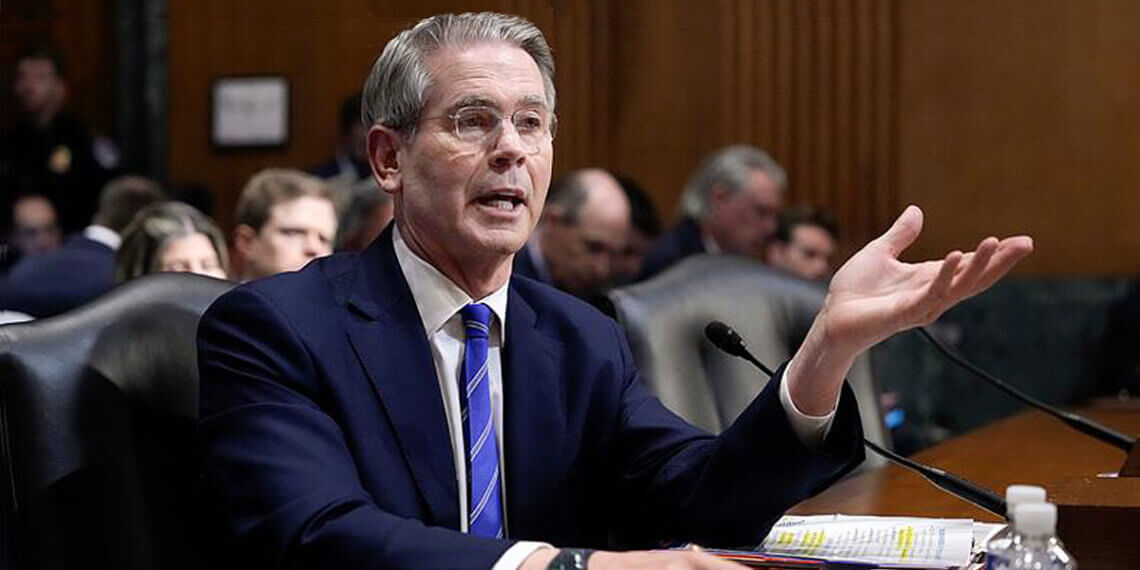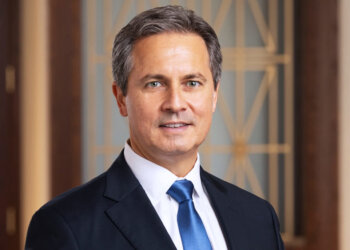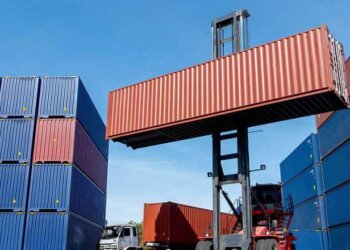U.S. Treasury Secretary Scott Bessent informed that the administration might reestablish some of its highest tariffs which were established on April 2 as part of the “Liberation Day” economic plan. The United States requires trading partners to start negotiations before they will face complete tariff penalties.
NBC’s Meet the Press broadcast featured Bessent who revealed that most tariffs will remain suspended for 90 days until July 1 provided countries maintain sincere negotiations. The administration will immediately enforce the original tariff rates for non-cooperating countries according to Bessent.
The administration will issue letters to these countries which display their designated tariff rates according to Bessent. The United States anticipates those nations that need access to our market will conduct meaningful negotiations.
The U.S. government will disclose import tax levels to businesses operating in the United States according to President Trump’s social media message on Friday. The administration plans to leverage higher import taxes as a bargaining tool to achieve better trade agreements.
The Trump administration suspended certain tariffs in April but he made it clear that the original higher rates will return if countries fail to reach agreements.
Bessent stated the administration will engage in negotiations with 18 main countries although they will manage smaller trade relationships through regional groups. He explained to CNN’s State of the Union how the administration would apply different tariff rates between Central America and African regions.
The administration understands that implementing tariffs creates financial burdens on consumers. American consumers are beginning to feel the cost. The retail giant Walmart announced plans to increase prices because China along with other nations face rising import costs from tariffs. During his response Trump demanded Walmart to bear the entire tariff burden while displaying his opposition to businesses that resist passing on additional costs.
The critics maintain that reinstating tariffs will harm economic growth because they will drive up prices for everyday products. Trade policy changes that occur rapidly lead to reduced business confidence and elevate the possibility of foreign governments launching retaliatory measures.
The Trump administration believes tariffs represent a strong bargaining instrument and expects nations to accept new conditions before July arrives.
The coming weeks will show whether this strategy succeeds or creates additional trade-related difficulties.










